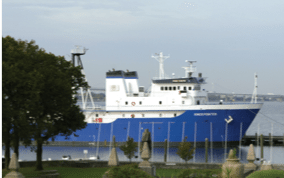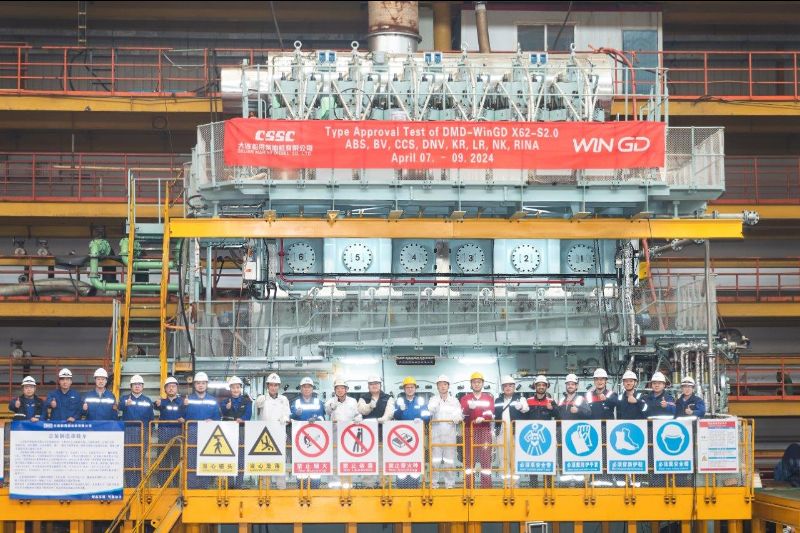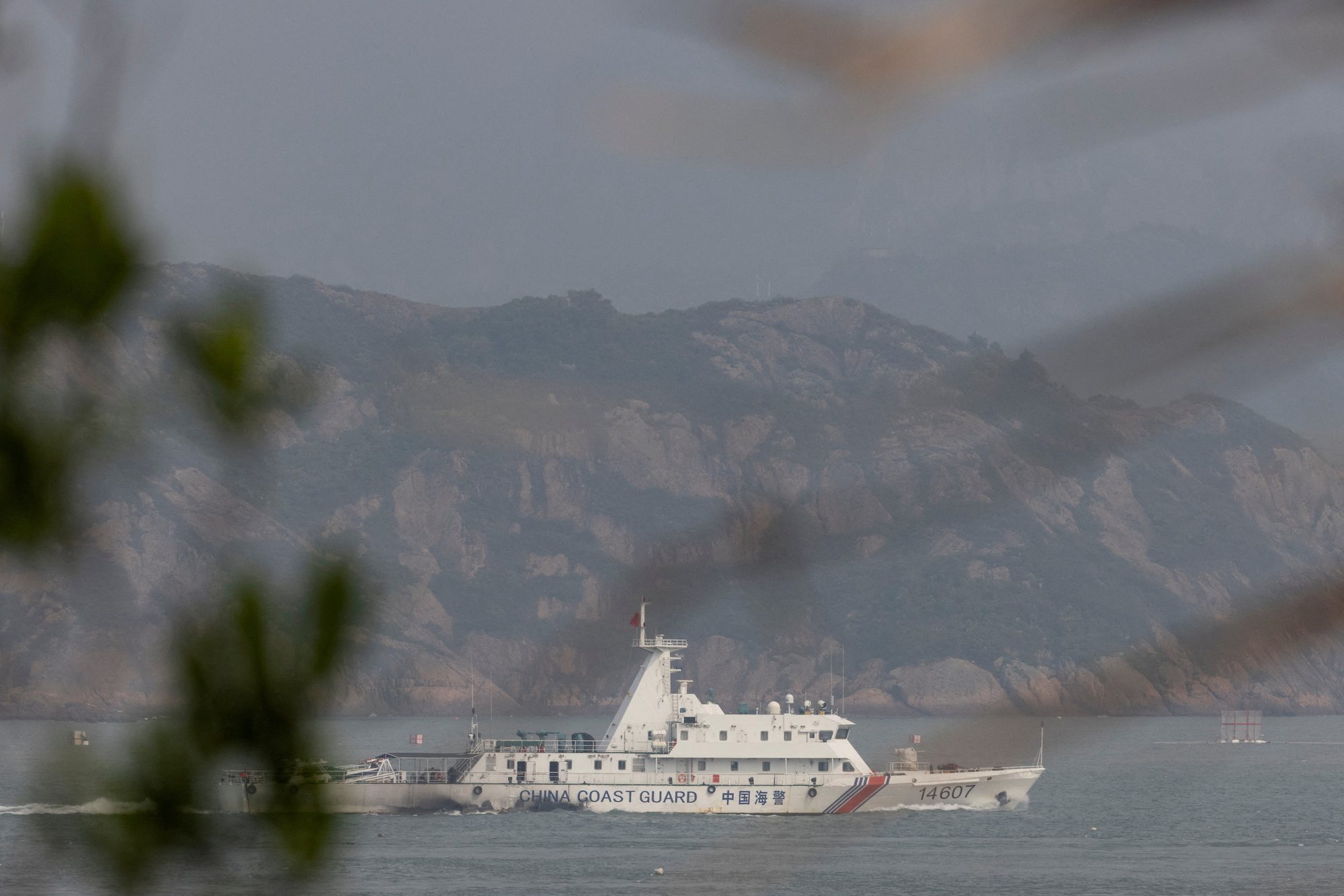
Upgrades Seen As The Key To USMMA’s Growth
 The U.S. Merchant Marine Academy (USMMA) in Kings Point, N.Y., continues training and educating an increasing number of future professional mariners despite an aging infrastructure, lack of funding and other limitations Faculty members, many of whom are academy grad- uates, remain fiercely devoted to the academy and speak highly of its facilities and the potential it has when infrastructure upgrades eventually are made.
The U.S. Merchant Marine Academy (USMMA) in Kings Point, N.Y., continues training and educating an increasing number of future professional mariners despite an aging infrastructure, lack of funding and other limitations Faculty members, many of whom are academy grad- uates, remain fiercely devoted to the academy and speak highly of its facilities and the potential it has when infrastructure upgrades eventually are made.
“There is a great richness to facilities we have here. There is a tremendous sense of history with the architecture of the building and facilities themselves, and I think we are on a very positive glide slope with respect to our modernization, sustainment and renovation efforts at the academy,” said Rear Adm. Philip Greene, who began his term as superintendent Aug. 30. Greene relieved Shashi N. Kumar, who was serving his second term as interim superintendent. Kumar has since resumed his full-time duties as academic dean.
Some classrooms and living quarters at the academy, which opened in 1943, have received facelifts in recent years, but a majority of its buildings have not been upgraded in several years and the wear and tear is showing. In its fiscal 2011 budget proposal, the Department of Transportation (DoT) — the agency that oversees the academy — requested $100 million for the USMMA, of which $30.9 million would be “spent to make long overdue cam-pus infrastructure improvements,” according to the request.
In the coming years, Greene said he wants to modernize the waterfront area, as well as the mess hall and remaining barracks. A critical report, “USMMA: Red Sky in the Morning,” released by the USMMA Capital Improvements Advisory Panel in March, detailed the neglected state of the academy’s infrastructure. “Academic and support buildings were inadequately maintained, basic structural elements of some buildings were failing, electrical and plumbing support had deteriorated, and engineering laboratories were out- dated. The pier facilities, dining hall, athletics com- plex, and two of the dormitories, were in particularly poor condition,” the report said.
The panel, tasked to project trends in the industry for the future Merchant Mariner, held a regularly scheduled meeting late last year and Greene said members had a generally positive outlook for the school.
“They were pleased with the energy and vision and direction that the academy was moving in, and they were impressed with the collaboration and unity of effort between DoT, the Maritime Administration and the academy,” Greene said. “We have the drive, deter- mination and vision to push the edge in understanding what the future looks like and recognizing that you have to constantly be thinking about bringing the future into the present.”
Continue reading this article on page 44 of Seapower magazine, available HERE.

Subscribe for Daily Maritime Insights
Sign up for gCaptain’s newsletter and never miss an update
— trusted by our 109,123 members

Get The Industry’s Go-To News
Subscribe to gCaptain Daily and stay informed with the latest global maritime and offshore news

 Join The Club
Join The Club








